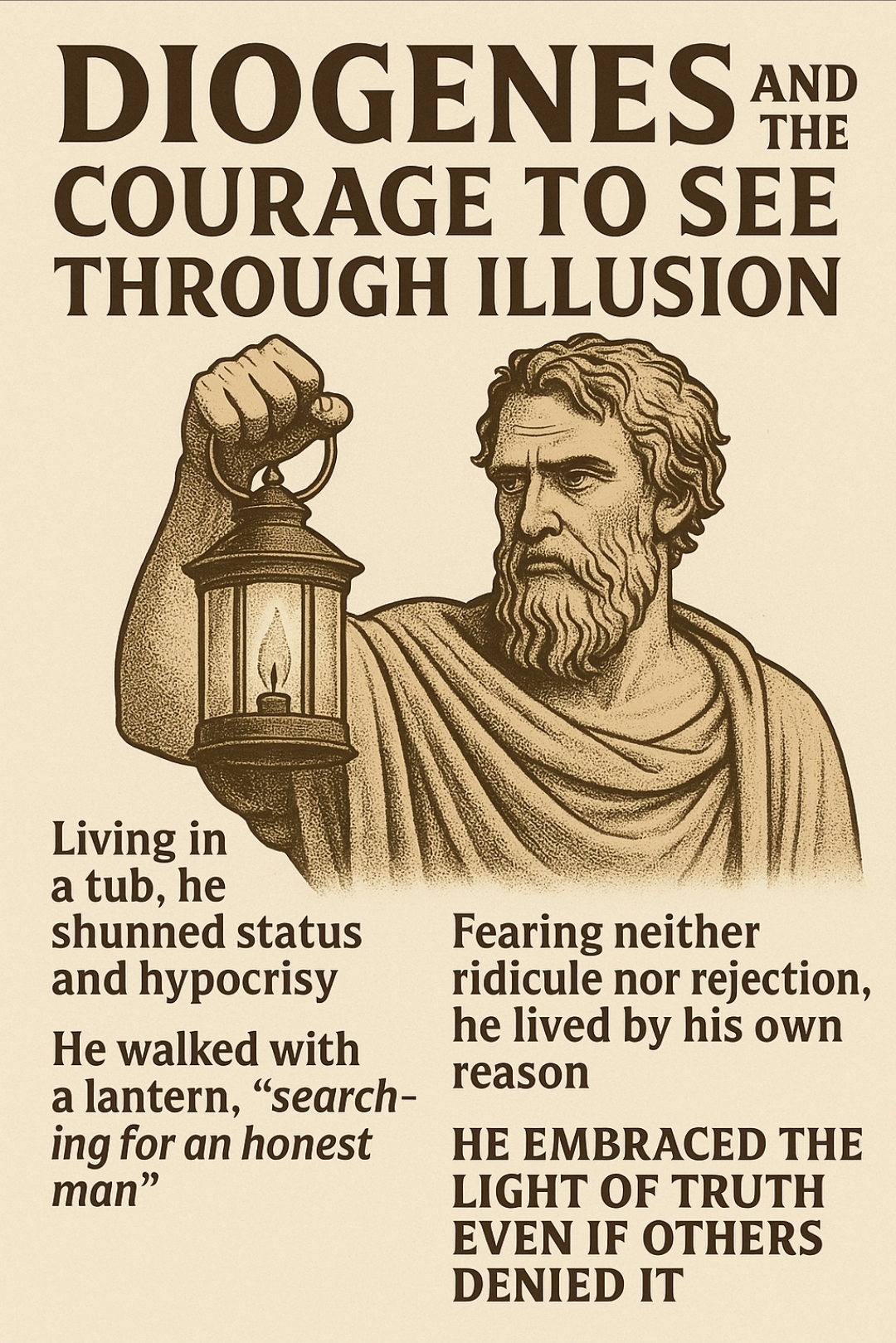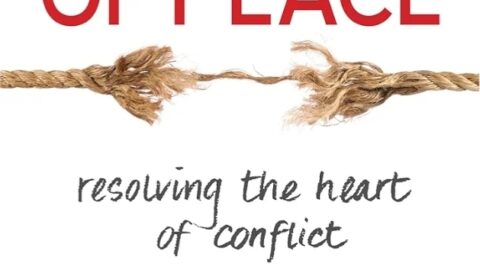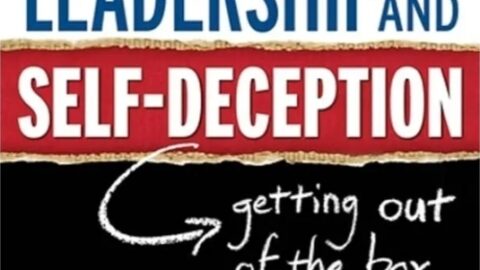The Theater of Lies
From the streets of ancient Athens, Diogenes of Sinope delivered a message that still unsettles us today: most people are pretending. Carrying a lantern in broad daylight, he claimed to be searching for an honest man. He never found one. For Diogenes, society was not a community of virtue but a theater of masks, each person carefully acting out the role of “goodness” for approval and survival. His philosophy was not bitterness but courage—the courage to look at reality without filters or illusions.
Politeness as Performance
We live in a world saturated with polite scripts: smiles that conceal irritation, greetings that carry no real curiosity, compliments crafted to flatter rather than to reveal truth. Diogenes saw these gestures as makeup hiding the real face beneath. His radical test was simple—break the rules. Eat on the street, speak without restraint, sleep where he pleased. The result? People dropped their polite façades and exposed their true discomfort and hostility. For him, authenticity was measured by what remained when no audience was watching.
Political Correctness as Ritual
Modern society has invented its own ritual theater in the form of political correctness. Respect for others is essential, but when it becomes a rigid catechism of approved words and safe opinions, it ceases to be respect and becomes fear. Diogenes would have called this a refined cowardice—the paralysis that comes from avoiding error at all costs. We celebrate authenticity, yet too often recite ready-made truths instead of speaking our own convictions.
Virtue as Performance
Today, goodness is often staged for visibility. If generosity is not documented online, it seems not to count at all. Every act of charity becomes content; every cause a performance. For Diogenes, this was the opposite of virtue. True generosity was invisible because it did not need an audience. When we act to be seen, we corrupt the act itself. The risk, he warned, is turning compassion into vanity—charity into theater.
The Cynic Ideal: Living Like a Dog
The very word “cynic” comes from the Greek word for dog. To Diogenes, this was not an insult but an ideal. Dogs live without masks: they show hunger, joy, and anger openly, never pretending to be what they are not. By imitating this honesty, Diogenes scandalized the elites but gained a freedom they lacked. He revealed that most of the chains that bind us—status, possessions, reputations—are chosen by ourselves.
Courageous Goodness vs. Polite Goodness
Society tends to reward politeness, even when it hides dishonesty. But Diogenes believed that true goodness sometimes requires confrontation. Like ripping off a bandage, truth can hurt less when delivered directly. Real love, real care, often includes the courage to disappoint, to say “no,” or to speak uncomfortable truths. Polite goodness may win approval; courageous goodness changes lives.
Solitude and Honest Company
Most friendships, Diogenes argued, are silent pacts of convenience: “I validate you, and you validate me.” He preferred honest solitude to shallow company. Being alone by choice gave him clarity and allowed him to recognize rare relationships of radical honesty. His lesson: better to walk alone in truth than to stand in a crowd built on pretense.
Society as a Stage
Modern life echoes Diogenes’ critique. Social media has turned existence into a performance. Some pretend wealth through debt, others pretend happiness through selective posts, still others pretend wisdom by parroting slogans. We are all actors and audiences at once. Diogenes’ refusal to participate gave him perspective—he saw what the performers themselves could not. And yet, he might have admitted a counterpoint: sometimes pretending can spark real growth. The difference lies in motive—do we aspire to improve ourselves, or merely to impress others?
Intellectual Honesty
Few things disgusted Diogenes more than the polished but shallow intellectual—eloquent yet empty. In contrast, he valued the honesty of ignorance. Admitting “I don’t know” was, for him, the beginning of wisdom. In today’s world, where access to information is confused with understanding, his lesson is even sharper: real learning begins where the performance of knowledge ends.
Simplicity as Liberation
Diogenes famously discarded his last possession—a cup—after seeing a child drink water with bare hands. Each object renounced was, to him, another degree of freedom. In contrast, modern life enslaves itself with unnecessary sophistication. We “hydrate” with luxury drinks, “experience” food as status, wear clothes to signal identity. But when happiness depends on external luxuries, we lose freedom. The cynic’s discovery was that simplicity grants independence from the world’s manipulations.
Healthy vs. Sick Cynicism
Today, “cynicism” means bitterness or hopelessness. But Diogenes’ cynicism was a cleansing force. He stripped illusions not to mock people but to free them. His sharpness was rooted in hope—the belief that people could live more authentically. The danger, then and now, is sick cynicism: criticizing without offering alternatives, despair without vision.
The Pressure to Perform Feelings
One of the strangest features of our age is the expectation to perform emotions. Every tragedy demands public empathy, every cause demands visible engagement. Yet real feelings are selective, personal, and cannot be manufactured on demand. For Diogenes, silence was often more honest than forced sentiment. Genuine compassion cannot be mass-produced; it arises where life touches us directly.
Freedom or Approval?
The ultimate choice in life, Diogenes taught, is between freedom and approval. Approval is safe, predictable, and rewarded—but it requires conformity. Freedom, by contrast, risks rejection, misunderstanding, and solitude. Diogenes chose freedom, and in doing so discovered a rare peace. Only when our goodness is chosen freely, not performed for others, does it become genuine. Without freedom, virtue is mere obedience.
Conclusion
Diogenes’ life was an affront to illusions. He mocked status, wealth, manners, and morality when they became theater. His cynicism was not despair but clarity—the refusal to let appearances dominate reality. In a world drowning in performances, his question still echoes: do you want to be free, or do you want to be approved? The answer, uncomfortable though it may be, determines whether we live truthfully or merely play along in society’s endless play.
Here’s a point-by-point structured breakdown:
1. The Theater of Lies
- Diogenes believed almost everyone was pretending to be good.
- He lived in a barrel, despised conventions, and carried a lantern in daylight searching for an honest man—but never found one.
- His philosophy: strip away masks and illusions, expose reality.
2. Politeness as Performance
- Society runs on polite lies: fake smiles, empty greetings, scripted compliments.
- For Diogenes, civility was like makeup—designed to cover the truth.
- His test: break etiquette (eat in public, speak bluntly) → people’s true faces appeared in anger or discomfort.
- Distinction: real kindness lasts without witnesses; fake kindness depends on convenience and audience.
3. Political Correctness as Ritual
- Today’s “moral orthodoxy”: avoiding offense by following pre-approved scripts.
- People repeat safe phrases instead of original thought.
- Diogenes would call this intellectual cowardice—fear of error leads to paralysis.
- Paradox: a culture obsessed with “authenticity” acts inauthentic by reciting catechisms.
4. Virtue Signaling & Social Media
- Modern generosity often exists for display—“If it isn’t posted, it doesn’t count.”
- Good deeds become performance currency: likes, followers, reputation.
- True generosity doesn’t need announcement.
- Risk: charity becomes vanity, though some might still grow into real compassion through it.
- Diogenes would reject corrupted means: ends don’t justify performance.
5. The Cynic Ideal: Living Like a Dog
- Cynic = “dog” (in Greek). Dogs are honest: no shame, no masks, no faking emotions.
- Diogenes imitated this—living freely, eating when hungry, speaking without filters.
- To Athenians, scandalous. To him, pure freedom.
- Message: most prisons are self-imposed (status, possessions, approval).
6. Courageous Goodness vs. Polite Goodness
- Polite kindness avoids conflict; courageous kindness risks discomfort.
- Diogenes offered brutal honesty—like ripping off a band-aid.
- Sometimes true love or help means confronting illusions, not indulging them.
- Question: how many friendships survive if we stop being “convenient”?
7. Solitude vs. Fake Company
- Many social bonds are silent pacts of convenience: “I validate you, you validate me.”
- Diogenes chose honest solitude over fake relationships.
- He showed difference between being alone (chosen) vs. being abandoned (feared).
- Rare relationships of radical honesty are worth more than crowds of superficial ones.
8. Society as a Stage
- Modern cities = giant theaters:
- Some pretend wealth with debt.
- Others pretend happiness online.
- Others pretend wisdom by parroting quotes.
- Everyone is actor & audience simultaneously.
- Diogenes quit the stage entirely—this gave him clarity others lacked.
- Counterpoint: sometimes pretending can inspire real growth. The balance is in motivation (self-growth vs. external approval).
9. Intellectual Dishonesty
- Diogenes despised “professional smart-sounding people”: fluent but shallow.
- He valued admitting ignorance.
- Modern era amplifies the problem—confusing Google access with wisdom.
- Liberation: when you stop faking intelligence, you gain space for true learning.
10. Simplicity as Freedom
- Diogenes discarded possessions—even a cup—after seeing a boy drink with his hands.
- Principle: fewer objects = more freedom.
- Modern world enslaves itself through “sophisticated addictions”: branded water, luxury food, identity fashion.
- True freedom: being happy with basics, independent of external luxuries.
11. Healthy vs. Sick Cynicism
- Today “cynical” means bitter. Originally, it meant honest clarity.
- Healthy cynicism = tearing illusions to free people.
- Sick cynicism = criticism without hope.
- Diogenes’ harshness came from love and belief in human potential.
12. The Pressure to Perform Feelings
- Modern life demands opinions & emotions about everything—often insincere.
- Real honesty sometimes means silence or admitting limitation.
- Emotional inflation = false equivalence between personal tragedies and trending causes.
- Diogenes’ selectivity showed his emotions were real, not manufactured.
13. Freedom vs. Approval
- The core choice of life: freedom or approval.
- Approval has rules: be polite, positive, safe.
- Freedom requires risk: disappointing, disagreeing, saying no.
- Diogenes chose freedom over approval—gained inner peace.
- Final lesson: only free choice can produce authentic goodness. Without freedom, virtue is just obedience.







